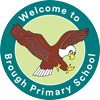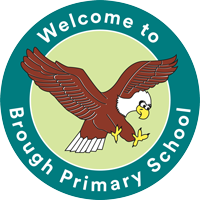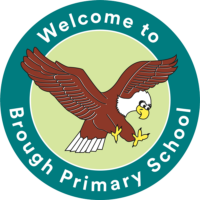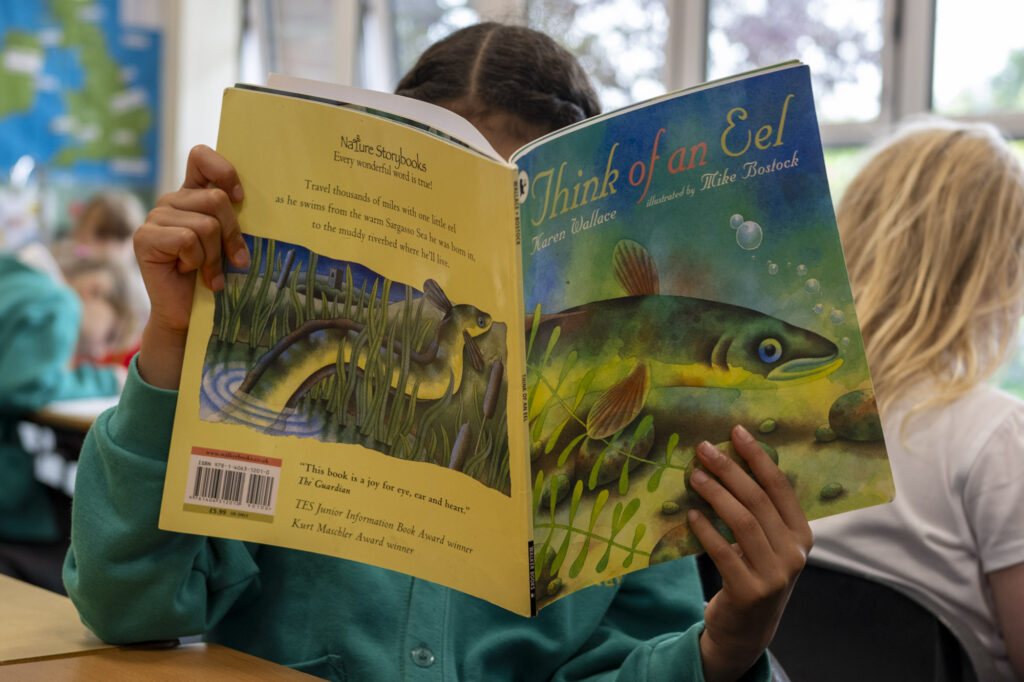At Brough Primary School we offer all children an excellent education ensuring that all pupils are well-equipped for the next stages in their education. We are proud to be a welcoming, successful and inclusive school.
We recognise everyone as a unique individual with their own ambitions, skills and dreams. Our school aims to provide an environment that encourages life-long learning, and allows all children to pursue their interests and talents into the next stage of their education.
For September 2021 we have launched a redesigned curriculum. The medium and long term plans can be accessed through the relevant year group page or individual subject pages.
Brough Primary school offers a broad and balanced curriculum that builds on the knowledge, understanding and skills of all children. See individual subject pages for intent, implementation and impact.
Topics covered incorporate the statutory requirements of the National Curriculum 2014 and other experiences and opportunities which best meet the learning and developmental needs of the pupils in our school. The curriculum incorporates all aspects of social, moral, spiritual and cultural education as well as being reactive to events that are happening in the world outside school so that it is engaging and meaningful for all pupils in all year groups. It is therefore quite normal for topics to change from year to year. The curriculum makes use of areas of local interest such as The Humber, as well as studying local historically important figures such as William Wilberforce. Click below on the subject areas for more information:
The school is committed to learning outside the classroom, utilising both the wonderful grounds in which the school is located and educational visits. Prior to Covid 19 the school held three residential visits each year: an overnight stay in The Deep for Year 4, a four night residential stay in Cloughton North Yorkshire for Year 5 and a three night stay at an adventurous outdoor centre – which will now be High Adventure near Keithley. We are in the process of organising residential visits once again at the moment.
For further curriculum information please refer to the subject and year group pages or contact the following:



